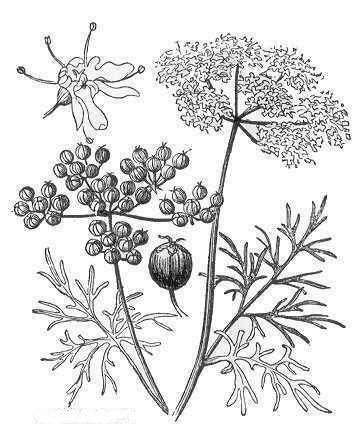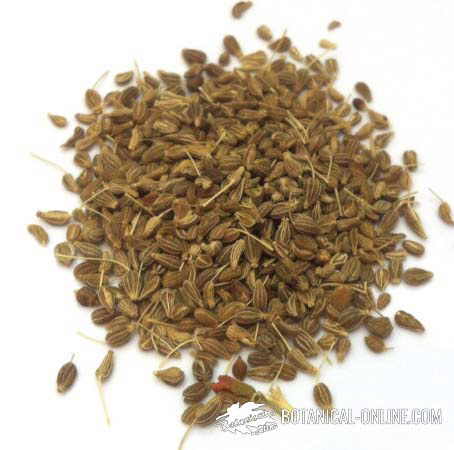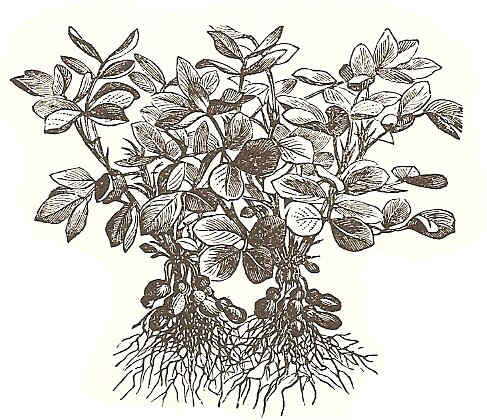Contents
Benefits of taking vegetable oil
What are vegetable oils and what are they for?
Vegetable oils are part of multiple vital functions and our nutrition. These ingredients are very useful for the proper functioning of our body and for food, to get more juicy and tasty culinary preparations.
Functions of vegetable oils
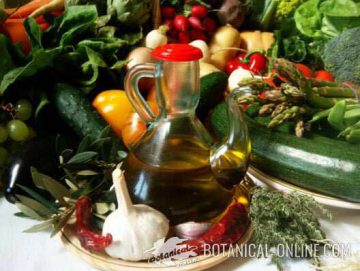
Among all the functions that are performed in the body from vegetable oils, we can mention the following:
- Energy production: in case of lack of glucose, which is the main source, vegetable oils provide the necessary energy. Vegetable oils provide 9 calories per gram of lipid, being the most caloric type of nutrient in the diet.
- For a correct absorption of soluble vitamins: These are vitamin A, vitamin D, vitamin E and vitamin K. These vitamins require the presence of lipids to be assimilated in our body.
- One of the biggest sources of vitamin E: This vitamin has a highly antioxidant effect on our cells and therefore, on our body.
- They contain beta carotene and phytosterols. Beta carotenes are transformed into vitamin A in our body. They have a protective effect on the mucous membranes and tissues of our body. Phytosterols are involved in the control of cholesterol levels.
Why are some types of oil better for health than others?
The type of fat consumed is the most abundant in the body. That is, if we only ingest oils that are mostly made up of saturated fatty acids or contain cholesterol, our deposits will also be full of this type of fat, increasing bad cholesterol levels.
On the other hand, the ingestion of a fat of the unsaturated type has a very distinct effect on the organism, helping to improve the circulation and the general state of health of the body.
Why are vegetable oils so good?
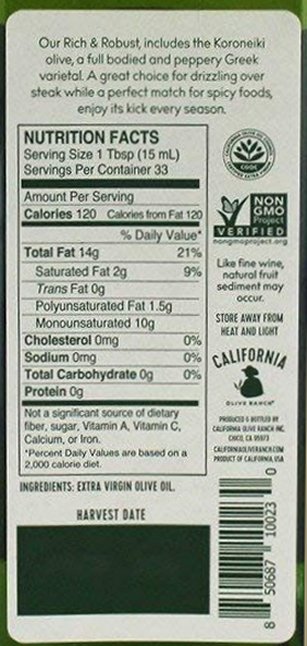
Vegetable oils contain mostly monounsaturated fatty acids and polyunsaturated fatty acids, among which are essential fatty acids, which are omega 3 and omega 6.
For example, olive oil or sunflower oil do not contain cholesterol but sterols, leading to an increase in good cholesterol or HDL that counteracts the effects of “bad cholesterol” or LDL. Therefore, these types of oils are very good for our health because they prevent the onset of cardiovascular diseases.
In addition to olive oil, soybean oil and sunflower oil, we have other vegetable oils with these properties.
Why certain oils are bad for health?
The only vegetable oils rich in saturated fats are coconut oil and palm oil. Saturated fats are also especially abundant within animal fats. The main ones are the fat of meat and fish and the fats of milk and its derivatives. Among the dairy derivatives richer in saturated fats we have butter, cream or cheeses.
Ingestion of this type of oils will lead to the appearance of health problems related to the circulatory system: hypertension, arteriosclerosis, heart attacks, thrombosis, angina pectoris, etc.
Importance of vegetable oils in the preparation of meals
In addition to all the functions at the level of our body, vegetable oils also have highly valued properties at the organoleptic level, since they provide greater palatalability in food, that is to say, they make meals more pleasant to eat, increasing their smell, taste and texture.
Is margarine a good or bad oil?
Margarines contain mainly vegetable fats, although these types of fats are usually hydrogenated, being as harmful to the body as the saturated fats themselves. Apart from margarine, there are many products in the market that contain hydrogenated fats, in addition to margarines, such as bakery products, dumplings, preserves, desserts, ice cream, etc.
Why must we read food composition labels?
Due to the different types of oils and their impact on the health of our body, it is very important to read the composition of food to make sure that they are made with healthy vegetable oils and that they contain few hydrogenated oils or oils of saturated animal or vegetable origin .
![]() More information on vegetable oils
More information on vegetable oils


